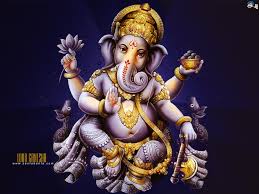记忆方法
Deity:第一体。最高的生命体----神,神性。
中文词源
deity 神
来自PIE*dyeu,发光,照耀,神,词源同diurnal, diva, Zeus.
英语词源
- deity
-
deity: [14] Deity comes via Old French deite from late Latin deitās ‘godhood, divinity’, a derivative of Latin deus ‘god’. This traces its ancestry back to Indo-European *deiwos, which has links with other words meaning ‘sky’ and ‘day’ and probably comes ultimately from a base with the sense ‘bright, shining’. Amongst its other descendants are English divine, the personifications Greek Zeus, Latin Iuppiter and Iovis (source of English jovial), and Old English Tīw (source of English Tuesday), and Sanskrit dēvás ‘god’ (source of English deodar ‘variety of cedar’ [19], literally ‘divine wood’); the superficially similar Greek theós ‘god’, however, is not related.
English is also indebted to Latin deus for deify [14] and, via a somewhat circuitous route, the joss [18] of joss-stick, a Pidgin English word which comes from deos, the Portuguese descendant of deus.
=> divine, joss, jovial, tuesday - deity (n.)
- c. 1300, "divine nature;" late 14c., "a god," from Old French deité, from Late Latin deitatem (nominative deitas) "divine nature," coined by Augustine from Latin deus "god," from PIE *deiwos (see Zeus).
权威例句
- 1. The cross-legged deity exudes wisdom and composure.
- 盘腿而坐的神像散发出智慧与沉静的气息。
- 2. Many animals were seen as the manifestation of a deity.
- 许多动物被看作神的化身.
- 3. He is worshipped as deity.
- 他被敬若神明.
- 4. The Hebrew prophets developed the concept of one God, a national deity.
- 希伯来的先知们逐渐发展了一神论, 这个神是全民族的神.
- 5. There is a sense of personal attachment between this image of the deity and the family.
- 神像和家族之间存在着一种亲切的依恋之感.

